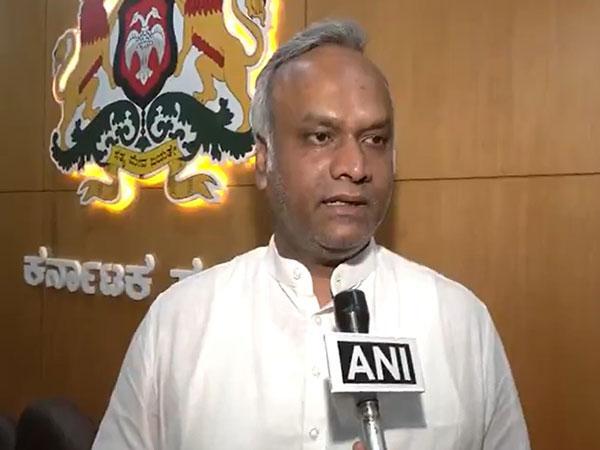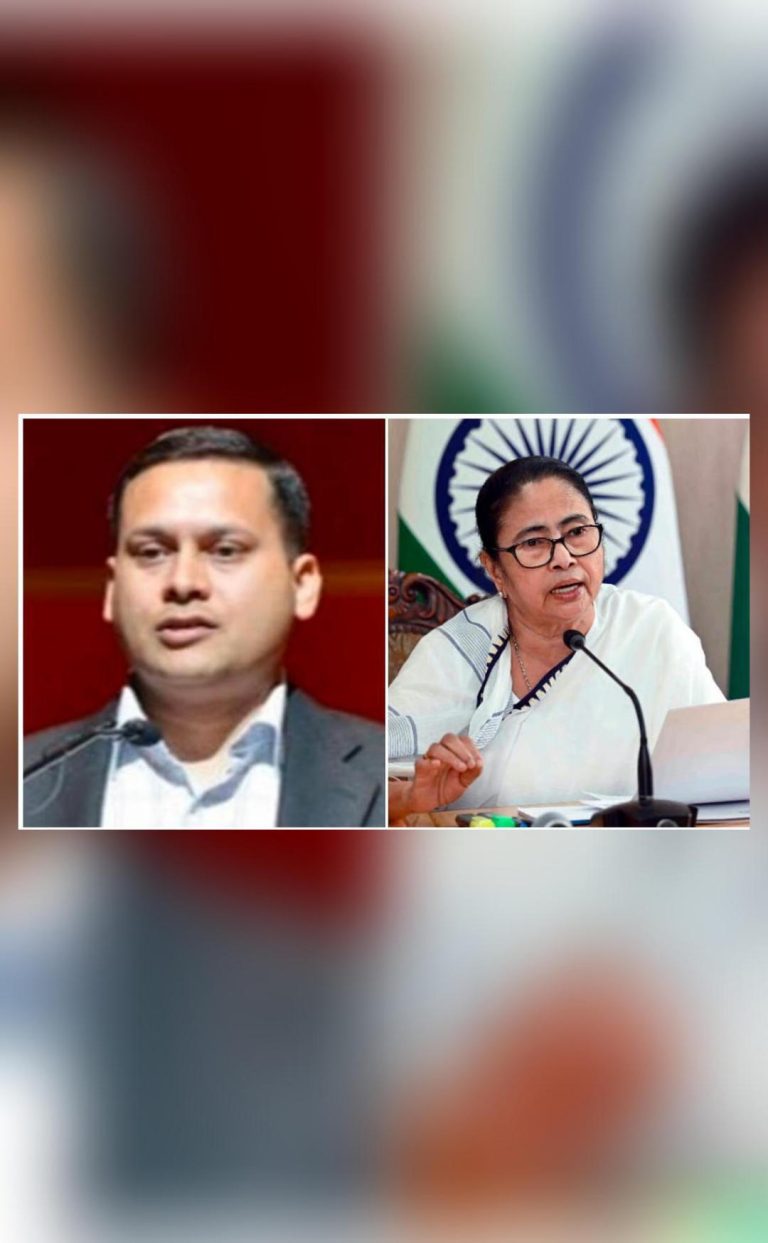
BJP uses Muslim angle to sustain livelihood: Priyank Kharge
In a recent statement, Karnataka Minister Priyank Kharge criticized the Bharatiya Janata Party (BJP) for calling the state budget a “halal budget”. Kharge claimed that the BJP resorts to using the Muslim angle to sustain their livelihood whenever they are losing ground and popularity. He further alleged that the party is making such statements to hide their infighting.
The BJP’s statement, which described the state budget as “appeasement at its peak”, was made in an attempt to criticize the budget presented by the Karnataka government. However, Kharge’s response was swift and sharp, accusing the BJP of resorting to divisive politics.
Kharge’s statement is a reflection of the growing concern among many political observers and analysts that the BJP is increasingly using religion as a political tool to gain an advantage. The party’s strategy is to polarize voters along religious lines, creating a sense of fear and insecurity among non-Hindus, particularly Muslims.
The “halal budget” remark is a classic example of this strategy. The term “halal” refers to something that is permissible under Islamic law, and the BJP’s use of it is an attempt to create a perception that the budget is favoring Muslims at the expense of Hindus. The party’s intention is to tap into the existing prejudices and biases against Muslims, and to create a sense of unease and mistrust among Hindus.
However, Kharge’s statement is not just a reaction to the BJP’s statement. It is also a reflection of the broader political landscape in Karnataka, where the BJP is struggling to regain its lost ground. The party has been facing internal strife and infighting, and its leadership is desperate to turn the spotlight away from these issues and onto something else.
By making statements like the “halal budget” remark, the BJP is attempting to create a diversion and to shift the focus away from its internal problems. The party is trying to create a sense of urgency and panic among its supporters, and to rally them around a common cause.
However, this strategy is unlikely to succeed. The people of Karnataka are increasingly aware of the BJP’s tactics, and they are not fooled by the party’s attempts to create a false sense of crisis. The budget presented by the Karnataka government is a progressive one that aims to benefit all sections of society, and the people are unlikely to be swayed by the BJP’s divisive rhetoric.
In fact, the BJP’s statement has only served to galvanize opposition to the party. The Congress, the party that is ruling Karnataka, has been quick to condemn the BJP’s statement, and has accused the party of resorting to divisive politics.
The BJP’s statement has also been criticized by many civil society organizations and individuals who are concerned about the growing trend of communal polarization in the state. Many have called for the party to focus on issues that affect all citizens, rather than trying to create divisions along religious lines.
In conclusion, Priyank Kharge’s statement is a timely reminder of the need for politicians to focus on issues that unite people, rather than trying to create divisions along religious lines. The BJP’s use of the Muslim angle to sustain its livelihood is a reflection of its desperation and lack of vision. The party’s leadership needs to recognize that its divisive rhetoric is not working, and that it is time to adopt a more inclusive and progressive approach to politics.






